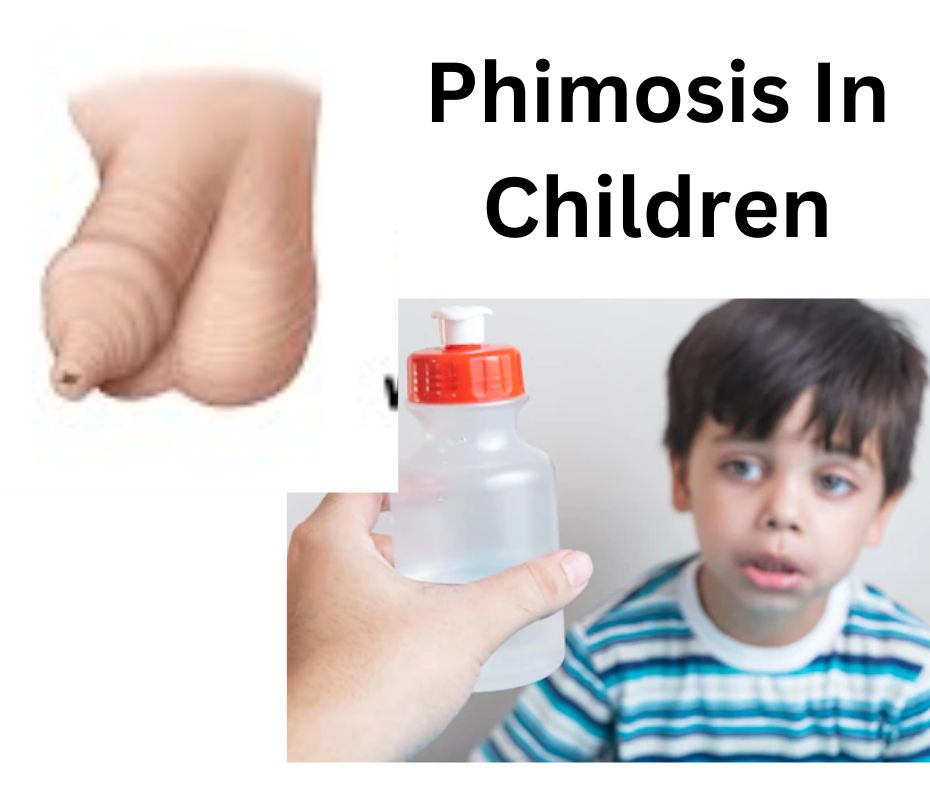Introduction:
It is interesting that circumcision, one of the oldest surgical procedures performed by human beings, should remain both, one of the most common and one of the most debated surgeries 5000 years after it was first documented. Circumcision is an important rite in many communities and continues to be performed safely. However, where routine circumcision is not a norm, parents often find themselves struggling to come to a decision- should it be done or should it not be done?
Phimosis
The most common reason for a doctor to recommend circumcision is phimosis. Phimosis means the inability to retract the foreskin (prepuce). All boys are born with what we call physiological phimosis, which means that it is normal for the newborn’s foreskin or prepuce to be stuck to the glans. One should never attempt to pull or open the prepuce by force. The prepuce gradually “opens up” and in most boys, it can be completely retracted by one year of age. It may take longer in some boys, but nearly 100% of physiological phimosis will resolve by the time the child reaches puberty.
Medical attention is required when any of the following happens:
- A urinary infection.
- Ballooning of the prepuce while passing urine.
- Inability to pass urine/straining at urine/passing urine in a very narrow stream.
- Pain or burning while passing urine.
- Inflammation and scarring at the prepuce
Generally, circumcision would be recommended in such cases. However, pediatric surgeons today are growing more and more comfortable with treating phimosis without operation. After a careful physical examination, your pediatric surgeon will decide whether a non-operative therapy can be tried for a period of time. However, failure of the non-operative approach becomes an indication for surgery.
Another common reason to advise circumcision in a little boy is the presence of anomalies in the urinary tract, especially vesicoureteral reflux. Children with urinary tract anomalies such as vesicoureteral reflux (VUR), posterior urethral valves, or mega ureters are highly susceptible to recurrent urinary tract infections which ultimately damage the kidneys. Circumcision performed at an early age has been found to significantly decrease (but not eliminate) the number of urinary tract infections in these boys. Hence, it is one among a number of measures taken to prevent recurrent infections in these patients. However, protection against possible urinary infections is not reason enough to recommend routine circumcision in boys who have normal urinary tracts.
The protective role of childhood circumcision against penile cancer in the adult is much talked about. It is important to remember that this apparent protective effect was observed only in those adult males who were circumcised in the first weeks of life. Men who were circumcised later did not appear to be protected against penile cancer. It is also thought that appropriate personal hygiene would have the same protective effect against penile cancer.
Ultimately, the decision on whether to circumcise a little boy must be made jointly by the parents and the surgeon. If the surgery needs to be done, it can be performed as a daycare procedure, unless your child has associated medical conditions which require that he stay in the hospital overnight. Post-operative pain is usually mild and responds well to simple pain medicines. The swelling and scabbing at the wound site that occurs in the first week after surgery can appear alarming to the parent, but they subside on their own with routine care. Your doctor will instruct you on caring for the wound at home, keeping it clean, and protecting it from injury and dryness. Call your doctor should you find anything unusual such as bleeding, fever, or difficulty in passing urine.
Two conditions where circumcision is better avoided are hypospadias and MIP (mega meatus with intact prepuce). Hypospadias is a condition where the urethra fails to reach the tip of the penis. In MIP, the urethral opening or the meatus is abnormally large. In both these conditions, prepucial skin is used in corrective surgery. Loss of the prepucial skin by circumcision makes correcting these conditions difficult.
Dr. Geeta Kekre is a well-known Paediatric Surgeon in Pune. Along with her team she has successfully treated many children with phimosis. If you are seeking or someone you know is seeking treatment, please visit our center for further assistance.

